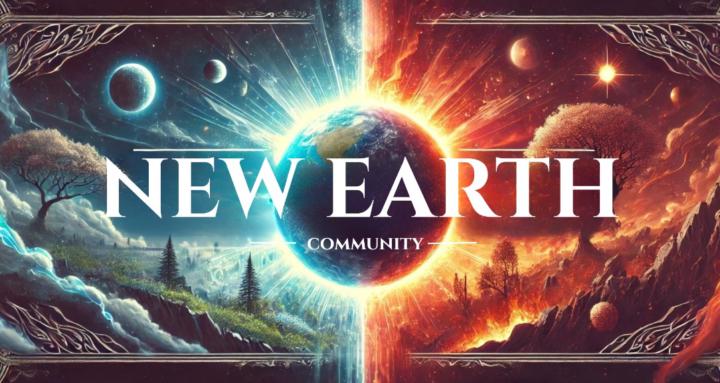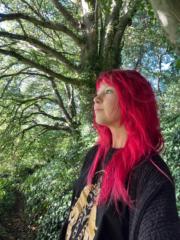11h • 🪩 Reflections
Rediscovering Authenticity (+ Memento Mori Reflection)
For a long time, I believed that “perfect” and complete authenticity was our natural, innate state as human beings, and that any struggle to embody it was unnatural, a problem to be fixed.
Whenever I felt “not authentic enough” I blamed and judged myself.
Paradoxically, this pressure made me even less myself.
I felt guilty for holding back in certain social environments, trying not to upset the group, not to be rejected, not to stand out too much.
Recently, I came across a perspective from the philosopher Martin Heidegger that completely shifted my understanding.
According to Heidegger, authenticity is not our default state as a human being.
In fact, inauthenticity is natural at our core, because we are social creatures constantly caught between two competing needs: expressing our uniqueness while ensuring our safety through acceptance by the group.
In Being and Time (Sein und Zeit), he explains that humans are fundamentally “inauthentic” by default, living immersed in the world of others, the “They” (Das Man).
This changes everything.
Authenticity is not fully innate, it's nurtured along the way, as we learn to balance being accepted with honouring our individuality.
True liberation begins when we understand that it’s okay not to be fully naturally authentic all the time, this tension is an inherent part of being human.
The goal, however, is to acknowledge this tension, regularly turn inward, and engage in the inner work of moving toward authenticity, while intentionally reconnecting with yourself and maintaining the balance, walking the tightrope between honoring your uniqueness and respecting the group, without denying the importance of connection or slipping into narcissism that stunts natural human and social development.
One simple way to reconnect with authenticity is through introspection, particularly by contemplating our mortality, what the Stoics called Memento Mori.
Remembering that our lives are finite reconnects us to our essence, frees us from external pressures, and awakens a natural sense of urgency, significance, and the unique value of our existence.
This contemplation can bring a certain anxiety, a tension that feels uncomfortable at first, but this is healthy, productive anxiety.
Talking about death has often been considered morbid, taboo, or even pathological.
Yet, to fully embrace life, scientists, psychologists, and many spiritual guides agree that contemplating death is key to living a meaningful life.
It nudges us to reconnect with our inner self, evaluate how we spend our days, and make choices aligned with our true values.
It pushes us to live intentionally, rather than drifting through life according to social expectations or the noise of the group, and missing out on our opportunities and higher-state realities.
The anxiety of Memento Mori is not fear to avoid but a signal, a compass, a catalyst.
It reminds us of life’s fleeting nature, encourages courage, presence, and conscious action, and reconnects us to our authenticity.
When we embrace that authenticity is not a permanent state but a path we walk intentionally, life gains deeper intensity and integrity.
Every choice, action, and moment becomes meaningful because it reflects who we truly are, not just who the world wants us to be.
Authenticity is not innate, but a lifelong practice that you nurture and develop along the way, a dialogue with yourself, a commitment to live fully and courageously, and the character you cultivate through your life experiences.
2
2 comments

skool.com/newearth
A global collective of leaders and revolutionaries here to co-create the New Earth in a space that is safe, vulnerable and radically authentic.
Powered by




